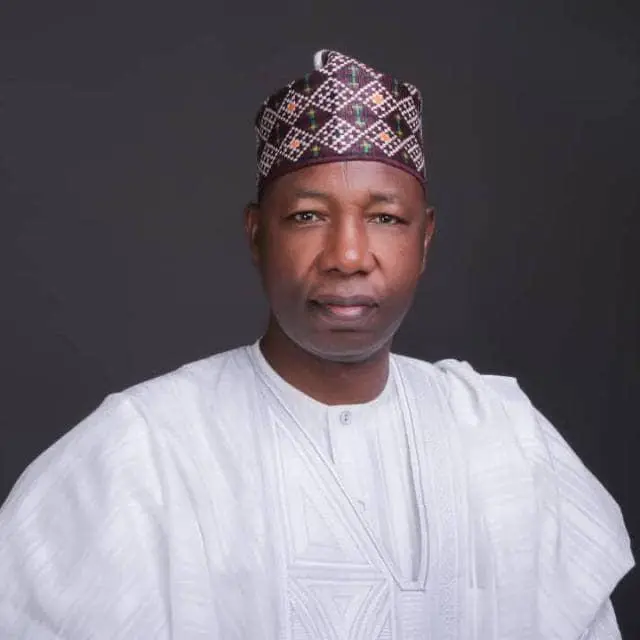Rep, Soli noted CBN’s decision to lift the forex ban will affect local production of rice, cement, and palm oil among others.

The House of Representatives has summoned the Governor of Central Bank (CBN), Olayemi Cardoso, over his decision to lift the forex ban on 43 items.
The House decision was a sequel to a motion of urgent public importance, moved by Rep. Sada Soli (APC, Katsina) at plenary on Tuesday.
Recall that the Apex Bank on 23 October, announced that it has lifted the forex ban on 43 items and also promised to intervene in the forex market from “time to time”.
Moving the motion, Rep. Soli recalled that the CBN imposed the restrictions in June 2015 to conserve the foreign exchange reserves and promote local production of certain goods, including about 11 food items.
He noted that some of the items have tariffs to protect local industries, as they are part of the imports prohibition list.
The lawmaker further explained that the decision of the CBN will greatly affect local production of items such as rice, cement, and palm oil among others, as it will force local manufacturers to “hold the short end of the stick, invariably leading to factory closure and ultimately eroding our capacity to build the country’s local economy.”
READ ALSO: FX: CBN lifts restriction on 43 items
According to him, “Almost all the 43 items are from two critical sectors which have been identified by all policy documents from NEEDS, SEEDS to Vision 2022 as being areas that are critical to economic diversification.
“Some of the listed items enjoy 60%-70% subsidy from their countries of origin, thus putting Nigeria’s local products at a comparative disadvantage and without any protection, and will lead to job losses and social exclusion.
“The benefit of the cheaper imported inputs as stated by the CBN will give undue advantage to middlemen to drive the economy, which is inimical to our economic growth and not suitable to the current unified FOREX market in the country.”
He further expressed worry that Nigeria will not be competitive in the African Continental Free Trade Area if its markets are flooded with imported finished goods, adding that the decision followed the rising food inflation in the country which has significantly impacted the economy and the purchasing power of consumers in the country.
Soli said that, in reality, the lift of the restriction on the importation of 43 items may not have a meaningful impact on the rising food inflation as a result of the soaring exchange rate.
Consequently, the House referred the motion to the Committees on Finance, Customs, and Banking Regulation, mandating them to carry out the assignments within two weeks and report back for further legislative action.
